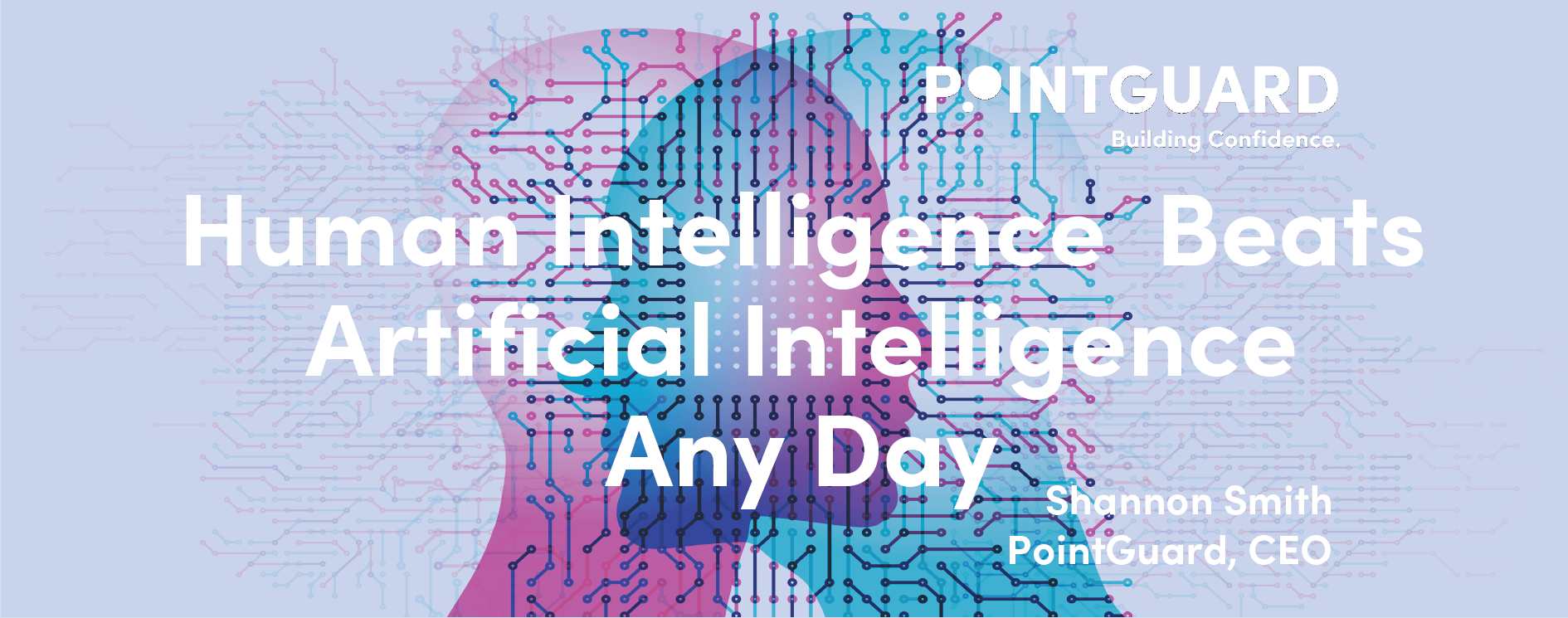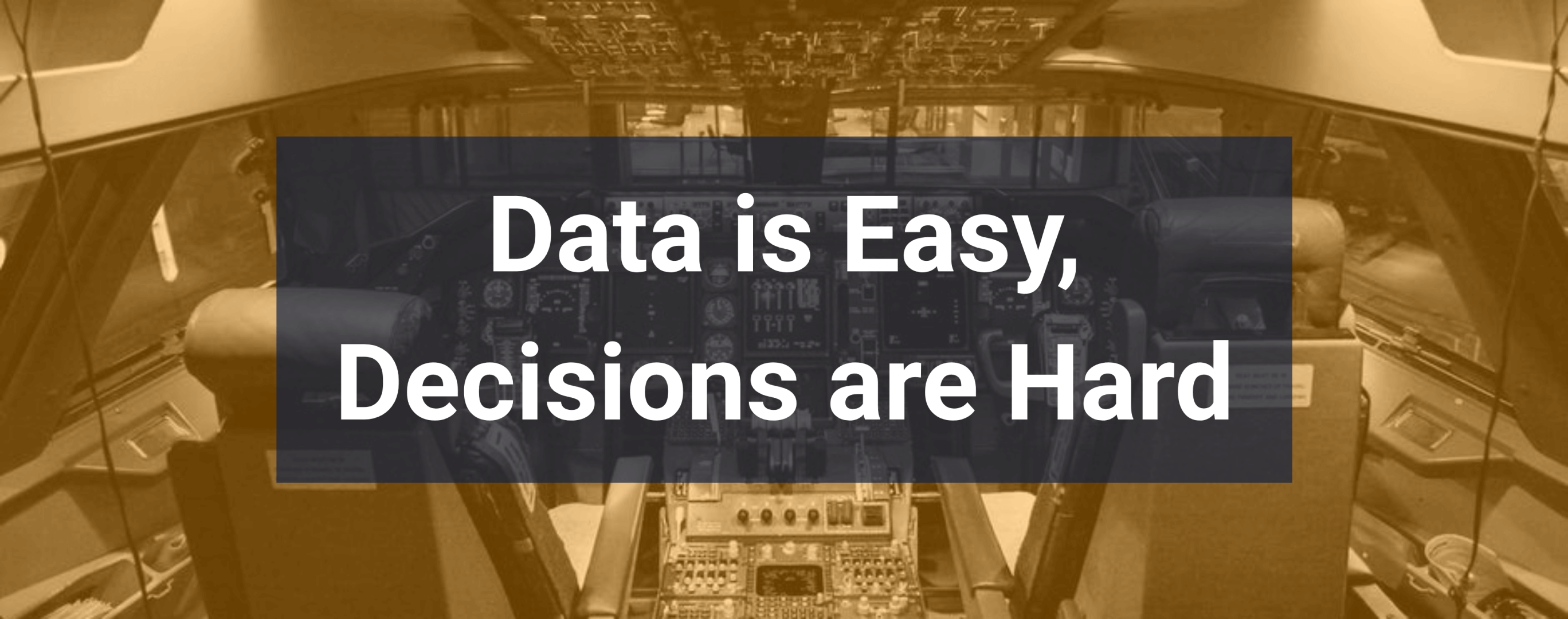If you have gone to a real estate conference, read any commercial real estate articles or even opened an internet browser in the last year you have likely heard of Artificial Intelligence (which can be henceforth called AI without further explanation at this point I think). Experts in both the technology and property industries have created a steady amount of buzz content around how AI can and is changing how buildings are managed. There is talk of industry disruption and of failed businesses for those that didn’t invest in AI.
While I think it is great to talk about emerging tech, it is important to be critical of what can actually be automated and what will always need a good amount of human attention. When Chess Grandmaster Garry Kasparov was beaten by a computer, he realized that while the insights that algorithms can generate should be embraced, they are even more powerful when combined with an experienced human operator. He refers to this symbiotic relationship as “augmented intelligence” and it proves to be the key to unlocking the full potential of machine learning, especially when applied to building science.
One of the problems when examining AI is that so few people really understand it. It is easy to be fooled into thinking that the insights that it generates will be life-changing. In reality, as applied to building science, the industry is in the beginning stages of understanding what AI can do in practical applications.
At this point, it is important to be skeptical of those who talk so ordinarily about AI, as this piece in Institutional Investor so perfectly sums up. Questions should be as basic as “what is the status of the AI project?” and, “what are the results to date?” Anyone who is trying to sell building automation software that uses AI should be able to answer these with at least some level of detail. Don’t let them off with a confusing answer with a lot of technical terms and remember the essence of the great quote, attributed to Albert Einstein but more likely from Lord Rutherford of Nelson, “if you can’t explain it to a six-year-old, you really don’t understand it yourself.”
Another problem with relying on AI is that it is only good at identifying correlations, not the reasons behind them. In the context of a building, it cannot currently explain causes of events or give solutions to the problems it identifies. It is also expensive to develop and can often give a false sense of security, especially in the world of building systems where around 80% of the outages are random.
By focusing on AI without bringing in RI (real intelligence), we are not able to help the facility management industry become smarter. In the end, the intuition of a few trained technicians armed with great data can make better recommendations than a program constantly running correlation algorithms, no matter how smart it gets.
When we designed our software, we tried to keep the importance of skilled facility personal in mind. We knew that they were going to have to be the ones making the ultimate decision, so our job was to give them the input they need in the format they want. They are the ones who will ultimately turn the wrench, so they need data that helps, not an endless stream of observations with no recommendations. Even the best AI hasn’t been able to get better than 95% accuracy at a task as simple as identifying a photograph.
Ninety-five percent accuracy isn’t enough when you are talking about something as important as a building environment. We think humans and computers together are the only way to approach perfection when it comes to decision making. This way building managers can tackle much bigger task loads. We have seen one facility manager be able to strategically manage 20 million square feet with our software, something that wouldn’t have been possible twenty years ago.
There are more advancements around the corner for facilities management and AI will be one of them. But we think we should be wary of artificial intelligence, especially if it stands in the way of human intelligence. I think it would be a shame if the failures of an AI program that has been overpromised by its creators, scared the industry away from adopting the technology in the future when it is eventually ready for prime time.












